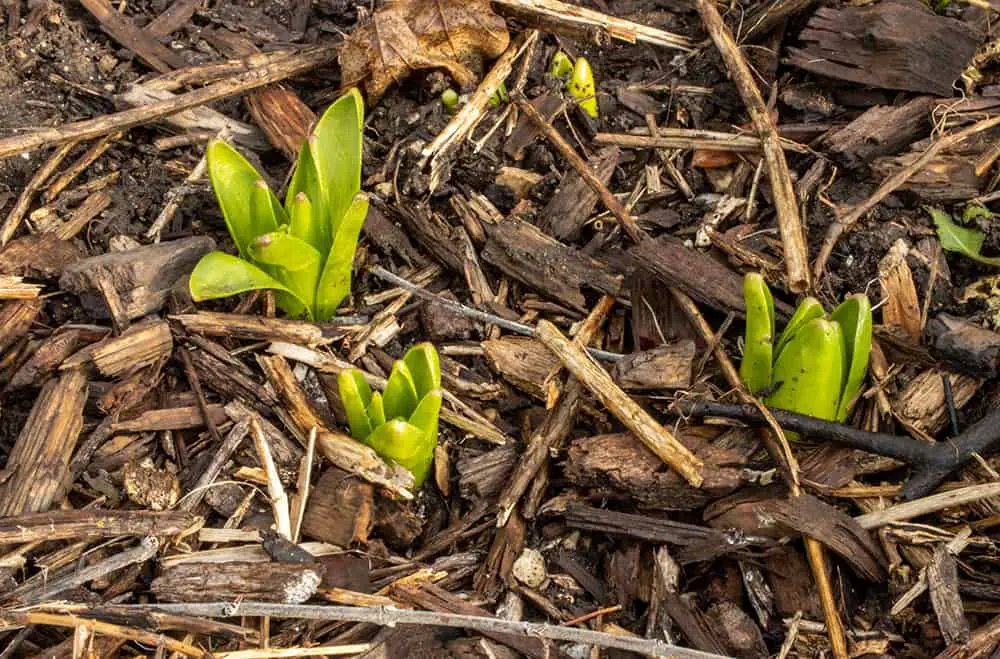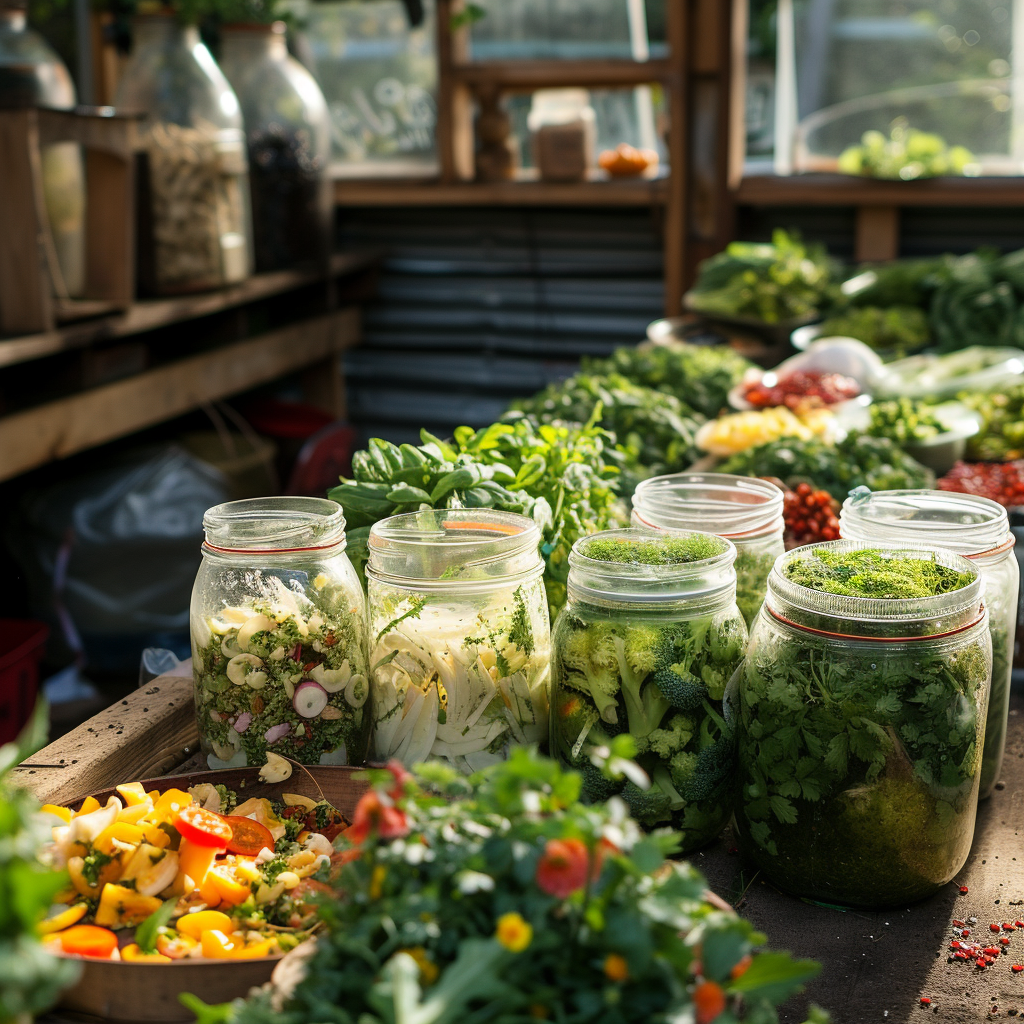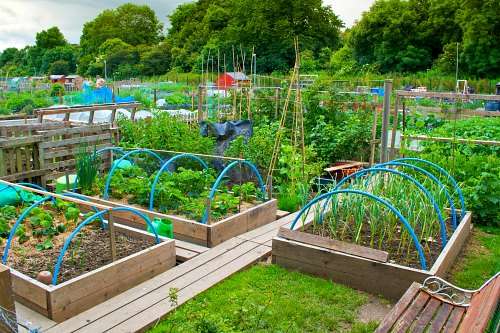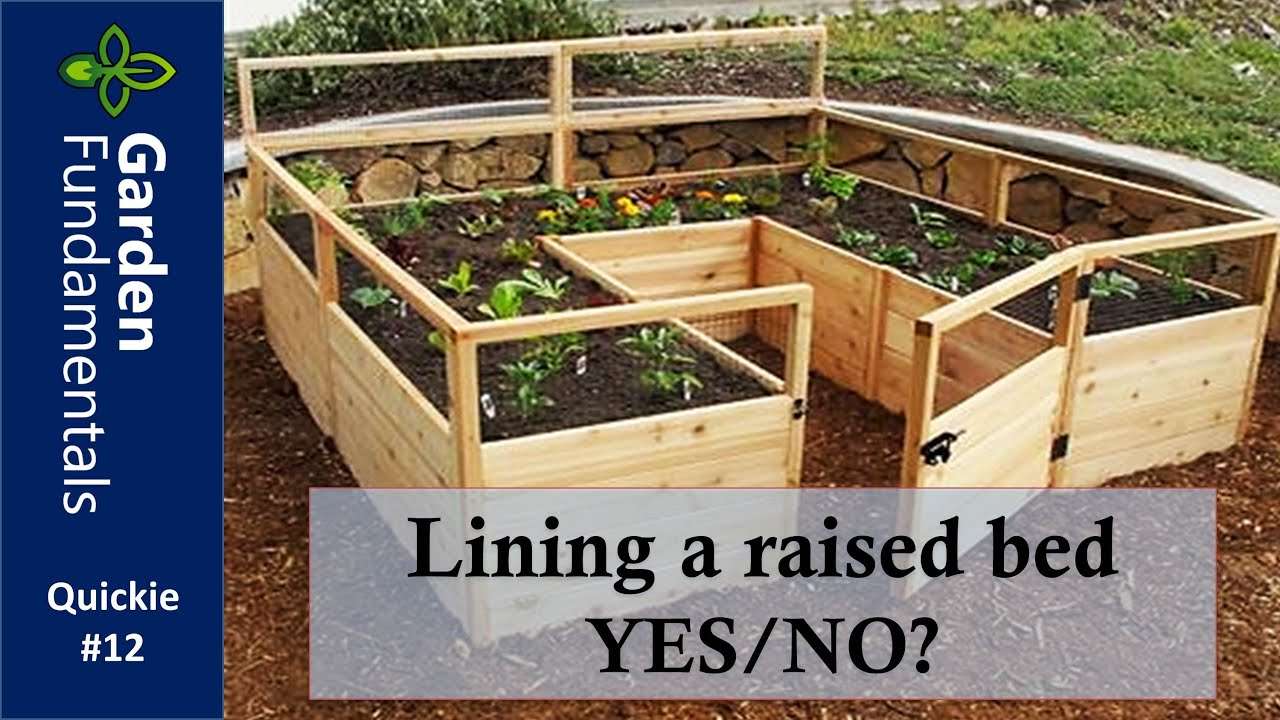Perennials have the ability to grow through mulch, but there are certain factors to consider. While established perennials can easily push through the mulch on their own, younger or smaller plants may need some of the mulch cleared in spring to ensure they have enough sunlight and space to grow. Thicker mulch can slow down the growth of perennials and lead to leggy plants, so it’s recommended to use mulches that break down quickly, like hay or straw. Additionally, perennial seedlings should not be covered with mulch, as it can prevent their germination. Overall, proper mulching techniques can promote healthy growth and development for perennials in your garden.
Can Perennials Grow Through Mulch?
When it comes to growing perennials, mulching can offer a lot of benefits. It helps protect the soil, retain moisture, and suppress weed growth. However, not all perennials are equally skilled at growing through mulch. Let’s explore the different scenarios for perennial seedlings, established perennial plants, perennial bulbs, and perennial shrubs.
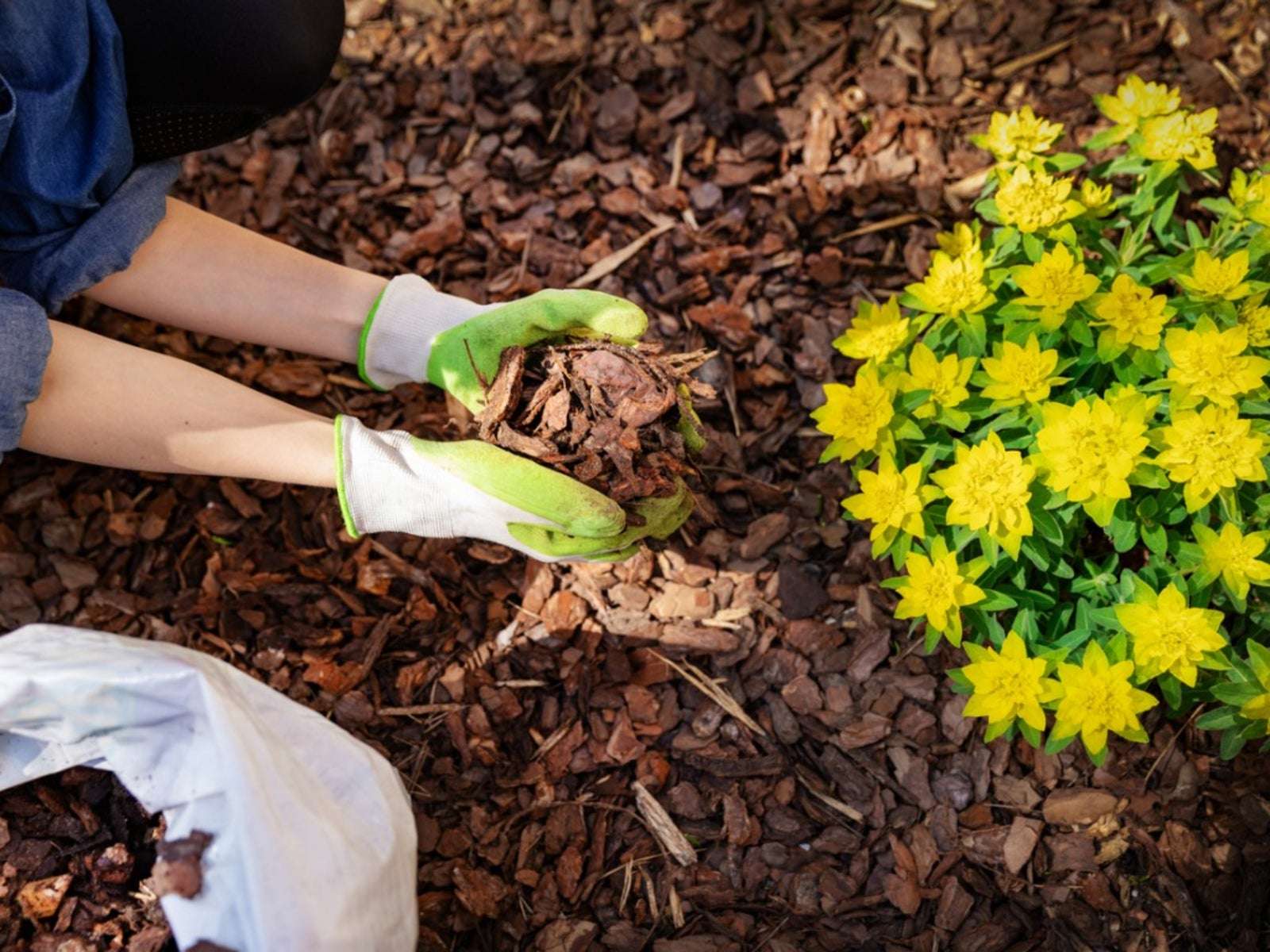
Perennial Seedlings
If you’re working with perennial seedlings, it’s important to know that they won’t be able to grow through the mulch. Mulch is effective at suppressing weed seeds from germinating, but it can also hinder the growth of any type of seed, including perennial seeds. To give your perennial seedlings the best chance at success, it’s crucial to plant them directly into the soil and avoid covering them with any kind of mulch. This way, they can receive the necessary sunlight and air to grow and thrive.
Established Perennial Plants
Established perennial plants have an easier time growing through mulch compared to seedlings. During the spring season, you may notice these perennials emerging through the layer of mulch on their own. However, for younger, smaller, or recently planted perennials, it may be necessary to clear some of the mulch in spring. By selectively removing a portion of the mulch, you allow these plants to emerge unimpeded and receive adequate sunlight, air circulation, and space to grow. This promotes their healthy development and ensures a vibrant garden.
While some established perennials can grow through the mulch, it’s still not recommended to mulch the area around them. Many perennials grow relatively slowly, and pushing through the mulch can slow them down even further. Additionally, if the weeds have already taken over while the perennials are trying to emerge, they can choke out the perennial plants. It’s important to strike a balance between protecting the perennials with mulch and ensuring they have enough space and sunlight to thrive.
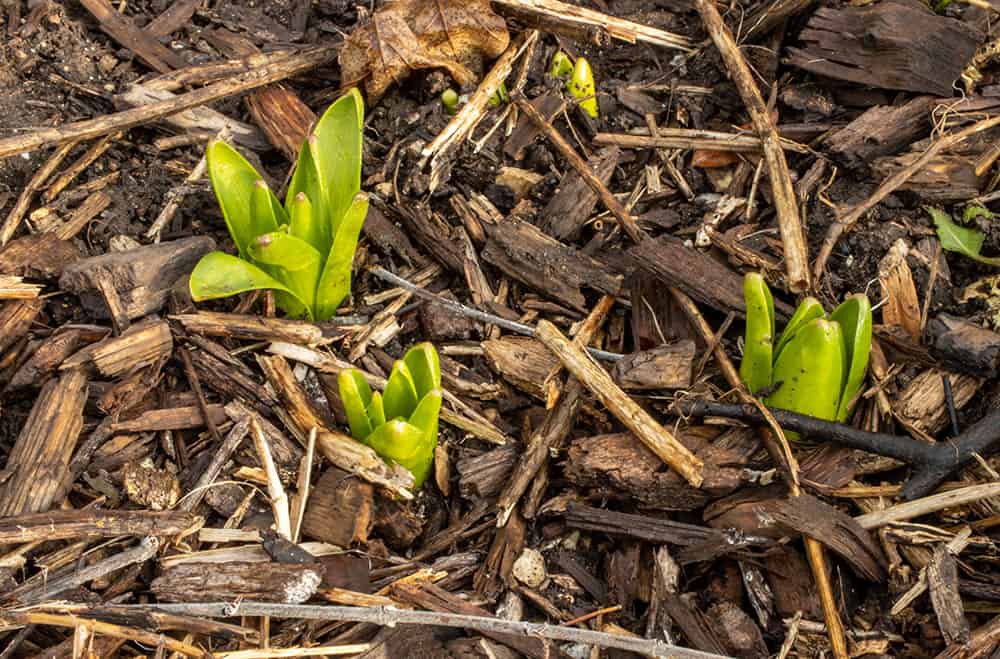
Perennial Bulbs
Perennial bulbs have a unique ability to grow through mulch. These bulbs contain a significant amount of energy, which they use to push through the soil and mulch. The larger the bulb, the easier time it will have breaking through the mulch. However, for smaller bulbs, it’s best to cover them with only a thin layer of mulch, especially if you’re using wood chips. It’s important to note that if bulbs don’t have enough energy to push through the mulch, they can end up rotting. So, it’s essential to mulch them thinly and provide them with the necessary conditions for growth.

Perennial Shrubs
Perennial shrubs generally have no problem growing through mulch, although some may be sensitive to certain types of mulch. Established perennial shrubs that are at least 2-3 years old can push through even a thick layer of wood chips mulch. However, if you have shrubs that you cut back to the ground every year, it’s best to cover their crown only with a thin layer of mulch. This provides enough protection through the winter without hindering their growth.
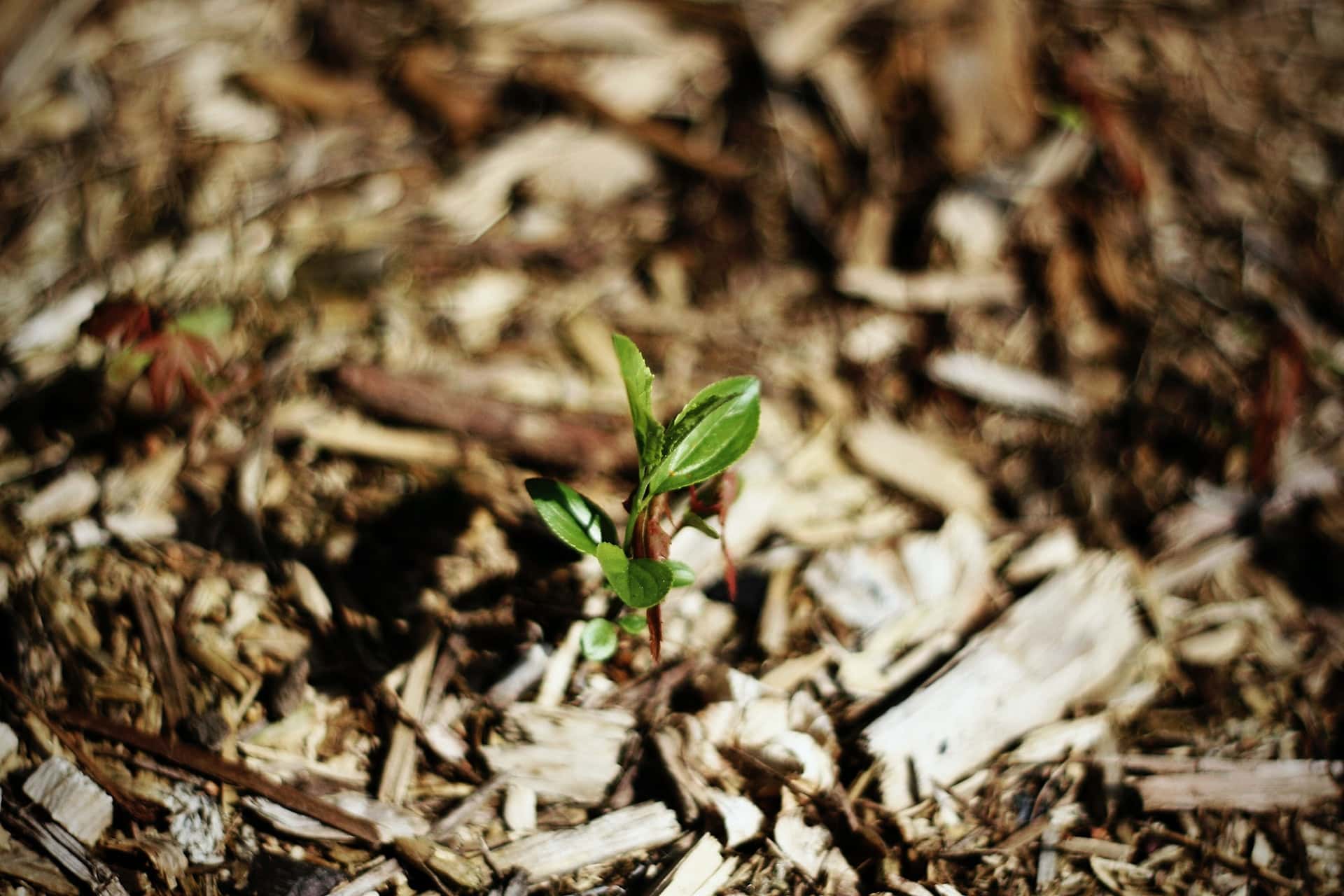
Key Takeaways
Here are the key takeaways regarding perennials and mulch:
- Established perennials have the ability to grow through mulch, but it’s still recommended to avoid mulching around them due to potential slow growth and weed competition.
- Perennial seedlings should not be covered with mulch; they should be planted directly into the soil.
- Perennial bulbs can push through mulch, but it’s important to mulch them thinly to avoid rotting.
- When covering the crown of perennial shrubs with mulch, it’s best to use a thin layer.
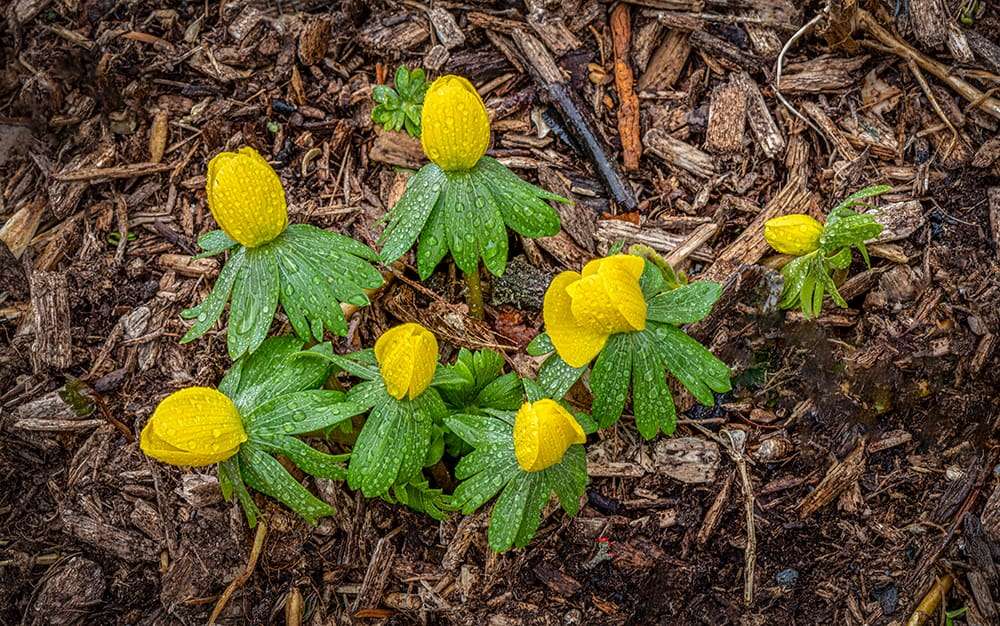
FAQ
What kind of mulch is best for perennials?
Organic mulches like bark mulch or wood chips are commonly used for perennial beds. They help retain moisture, suppress weeds, and provide insulation for the plants during temperature fluctuations.
Is it better to mulch or not to mulch?
Mulching offers several benefits, such as conserving soil moisture, reducing weed growth, regulating soil temperature, and improving overall plant health. Therefore, it is generally recommended to mulch garden beds and around plants.
When should you remove old mulch?
It is generally recommended to remove old mulch before applying a fresh layer. This is typically done in spring or early summer when the soil has warmed up and new plant growth begins.
Should I mulch around my garden plants?
Mulching around garden plants is beneficial as it helps retain moisture, regulate soil temperature, prevent weed growth, and enhance the overall aesthetics of the garden. However, it’s important to avoid piling mulch directly against the plant stems to prevent moisture-related issues.

